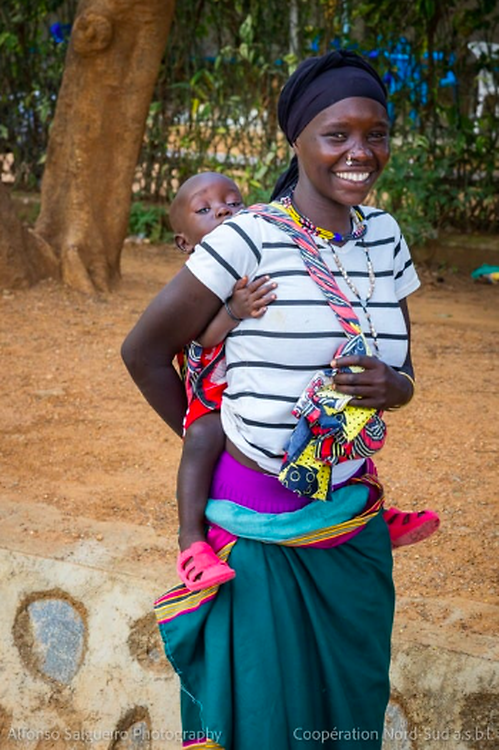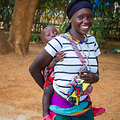Enhancing well-being through access to quality health-care

Empowerment, strength, and motivation are all undeniable factors needed for one’s personal development. However, the role of well-being and good health is often overlooked. Those privileged with easy access to various types of healthcare, like the majority of citizens in Luxembourg, may overlook its importance. Access to quality healthcare represents a vital foundation for individuals to prosper in a given environment and contribute to a community.
We, at North-South Cooperation (NSC), believe in the necessity to facilitate access, implement, and strengthen healthcare systems in areas of need. Therefore, our new project, the Star of Health has been launched to address this pertinent global issue. NSC is partnering with a local hospital, the Matany Hospital, to address the urgent need to offer quality healthcare in the Napak district; a region in the northeast of Uganda. The overarching objective is to achieve improved access to quality health care and sanitation services, with an acute focus on vulnerable women and children
The strategic intervention on behalf of NSC is guided by the motivation of achieving social transformation through the reinforcement of reliable health services. Taking note of the 50,000 to 1 people/doctor ratio and the reliance of 20,000 people on a single health care unit, the Napak District’s need for healthcare development is clear. Key challenges include a shortage of equipment and staff, demonstrated by only 65% of established positions being filled, minimal infrastructure and poor hygiene. The cumulation of these challenges contribute to a high mortality rate of 588 deaths per 100,000 live births. Furthermore, the primary causes of extreme illness stems from preventable communicable diseases that can be treated through proper administration of health care services.
The first strategy invoked within the project is that of capacity building, allowing for increased empowerment of human resources that form the building blocks of a functional health system. Enhancing local capacity begins with the training of local professionals and offering educational support for careers in the healthcare sector. Secondly, the strategy of improving and expanding health services zooms in on specific activities to be carried out in an accessible manner, this includes cancer screening, offering mobile clinics to extend the reach of services, and enforcing comprehensive emergency care in the area of obstetrics and newborns. The third and final strategy surrounds the significant improvement of hygiene and sanitation, especially for women and children. In this regard, the provisioning of sanitary products is vital, as well as the appointment of parish chiefs to assist in empowering women within the community.
The path to equitable global development and educational pursuit is a prime focus for NSC’s operations. The Star of Health project acknowledges that the realisation of reliable healthcare represents a vital stepping stone within this journey
Mia Blacklaws






